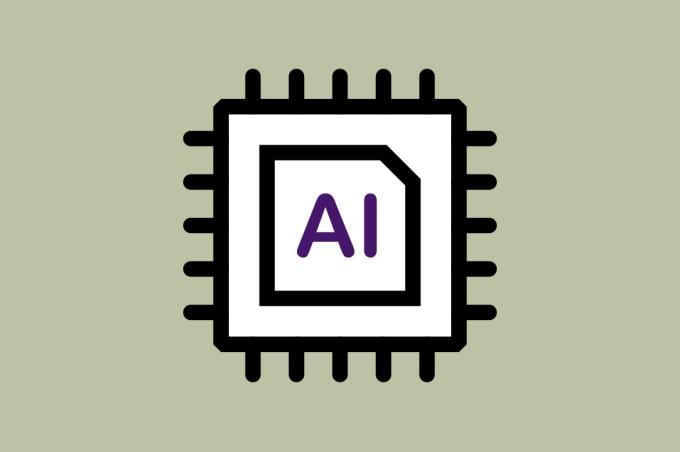AI—often called artificial intelligence—offers new and exciting possibilities. However, much of AI focuses on algorithms rather than the human element, says Vincent Liu, MD, MS.
The Permanente Medical Group believes that AI should augment the capability of physicians instead of just focusing on the development of algorithms, explained Dr. Liu, a senior research scientist and regional medical director of augmented clinical intelligence at Kaiser Permanente in Santa Clara, California.
“Augmented intelligence places people, patients, communities and clinicians at its center,” said Dr. Liu.
The AMA House of Delegates also uses the term augmented intelligence (AI) as a conceptualization of artificial intelligence that focuses on AI’s assistive role, emphasizing that its design enhances human intelligence rather than replaces it.
Several Permanente medical groups are members of the AMA Health System Program, which provides enterprise solutions to equip leadership, physicians and care teams with resources to help drive the future of medicine.
In an episode of “AMA Update,” Dr. Liu shared how physicians at Kaiser Permanente are using AI to cut doctors’ burdens and improve patients’ lives.
Identifying patients at high risk
Kaiser Permanente has been a proactive user of AI in its inpatient and outpatient programs. One of its flagship accomplishments is the Advanced Alert Monitor (AAM) program, which identifies patients in the hospital at high risk for adverse events such as impending intensive-care unit admission or unexpected death.
“Over the past several years, we've used hundreds of millions of data points from our hospitalized patients and granular EHR data—things like lab values, vital signs, other key clinical data to develop a machine learning algorithm that worked with good accuracy to predict patients at risk for deterioration in the next 12 hours,” said Dr. Liu.
His team worked with experts across the health system to pair this algorithm with a robust workflow that would respond effectively to an AAM alert.
Patient goals of care had to align with the response, “because when someone's deteriorating, not every patient wants more invasive or aggressive maneuvers to be done,” he explained.
Use of the AI-driven alerting system prevented more than 500 deaths a year while reducing high-risk readmissions by 10%, according to a study Dr. Liu and his colleagues published in The Joint Commission Journal on Quality and Patient Safety.
The project “was a really exciting, object lesson for us in how we could leverage AI and machine learning to improve the care of our patients,” said Dr. Liu.
Decluttering the physician inbox
Kaiser Permanente also is taking advantage of AI through other programs involving natural language processing and the use of computer vision for imaging.
Physicians often struggle to keep up with the flood of inbox messages, many of which are nonurgent or can be handled by nonphysician team members. Natural language processing examines the contents of messages between patients and physicians to ensure these messages get sorted appropriately and passed on to the right people, said Dr. Liu.
This technology analyzes and sorts on average 1 million messages per month across the system.
In looking at tens of thousands of images such as mammograms, Kaiser Permanente investigators determined that computer vision algorithms could identify high-risk features—even within screening mammograms deemed as normal by radiologists.
“When we pair those with workflows, there's the potential to increase the identification of patients who may be at risk for breast cancer from 20% using traditional approaches to as much as 60% to 70%,” said Dr. Liu.
This could also potentially lead to rapid, same-day image views that would avoid additional screening visits for patients, he added.
Putting AI to the test
Many technologies perform well and claim to do various things. What’s missing is “actual, real-world evidence that those claims can actually be justified based on this kind of rigorous study design,” said Dr. Liu.
That’s why a Kaiser Permanente grant program called the Augmented Intelligence in Medicine and Healthcare Initiative is looking for health systems to rigorously test the impact of AI and machine learning on patient outcomes.
The grant program will be granting as much as $750,000 each to between three and five health systems to prove that AI, with the right level of integration, has an important role in improving health care. Proposals are due in October.
“AMA Update” is your source for physician-focused news. Hear from physicians and other experts on trending public health concerns, practice issues and more—because who’s doing the talking matters. Catch every episode by subscribing to the AMA’s YouTube channel or listen to all AMA podcasts at ama-assn.org/podcasts.




